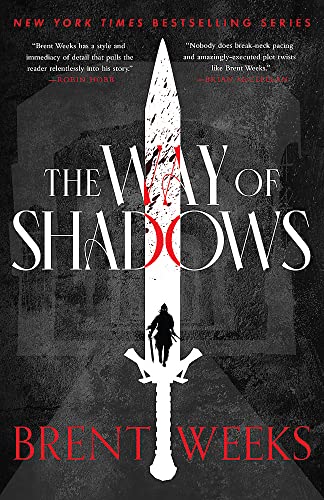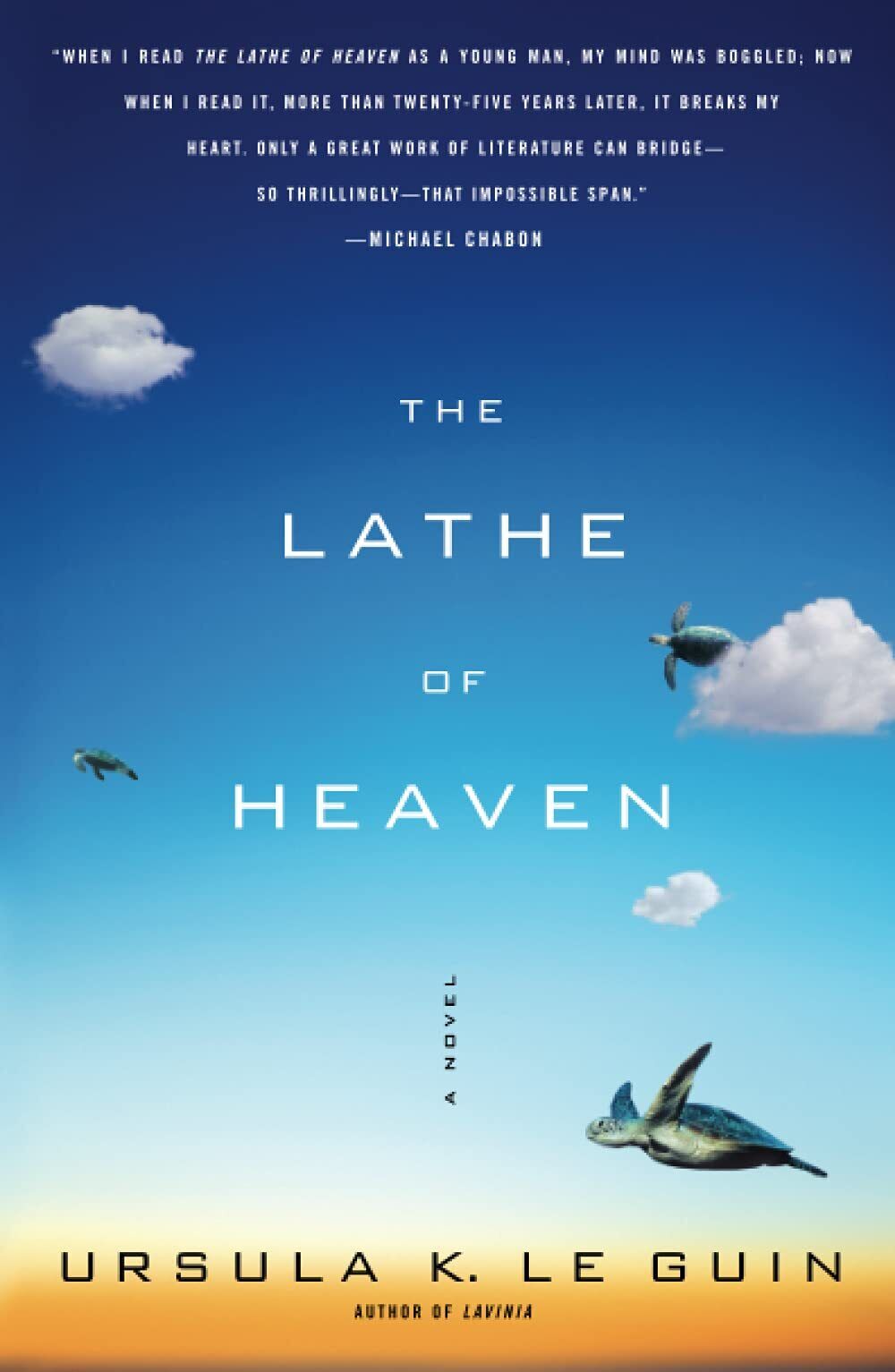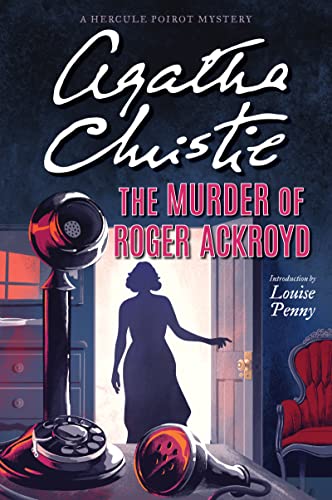|
I had fun getting lost in Brent Weeks's Night Angel trilogy, starting with The Way of Shadows. In the slums of a city where crime lords hold the power, a street urchin named Azoth tracks down the deadliest assassin the world, Durzo Blint, and begs to become his apprentice. Blint reluctantly agrees to train Azoth, but only if he first kills the sadistic leader of his street gang.
Weeks makes ample use of fantasy tropes. That kid living on the streets? Spoiler, he's the chosen one. His teacher is a worn-out assassin, grown cynical and weary after these many years of being alone; his girlfriend is a young, morally pure woman who acts as an externalized conscience; his mother-figure is a hooker with a heart of gold. Other fantasy elements will be familiar, such as legendary enchanted objects and mad wizards. I'm generally okay with this as a reader. One of the joys of genre fiction is seeing how different authors handle different genre conventions. But there are some tropes that could stand to go into retirement, notably: Violence against women as the plot device that motivates the main character to achieve his destiny. I enjoyed the adventure and careful plotting within the books. These are not advisable if you prefer to avoid violence, but if you can tolerate some squicky scenes, these are adventure-filled, plot-driven stories that will satisfy the itch when you want action and magic. I particularly recommend the audiobooks, since Simon Vance is such an enjoyable narrator.
0 Comments
I listened to a classic of science fiction, The Lathe of Heaven (1971), written by Ursula K. Le Guin and narrated by George Guidall, easily one of my favorite voice actors.
George Orr transforms reality through the power of his dreams. He's terrified each time he falls asleep because he can't control what he dreams. No one else realizes it's happening. Each time George dreams up a new reality, everyone else enters the new continuum unwittingly. His only ally is his psychiatrist, who is secretly developing a dream machine that will replicate George's powers in other people. This is what science fiction was made for, to help us consider alternate realities, the nature of dreams, and parallel universes. I give Le Guin full marks for investigating these concepts. But I didn't like the book. I find Le Guin to be humorless and largely unemotional. The characters felt flat and the prose was dry. There was nothing wrong with it, but the stylistic choice to be deadly serious did not suit me. I have similar criticisms about many, many, many science fiction books, especially those written in the twentieth century. The science fiction writers I love best--Connie Willis, Martha Wells, Becky Chambers, Tom Holt, Tamsyn Muir--can manage thought-provoking speculation without treating character development like an embarrassing hookup they'd really rather forget. I've been similarly disappointed by Le Guin's fantasy--The Wizard of Earthsea bored me as a teenager--though I did enjoy The Left Hand of Darkness, a pioneering novel about gender. And the short story "The Ones Who Walk Away from Omelas" is terrific. I recommend that as an entry point for anyone wanting to try Le Guin. For those wanting to learn more about alternate realities and the interconnectedness of everything, you could take psychedelic drugs like mushrooms or LSD, only those are illegal in most places to please don't construe this as legal advice. A generally less criminal approach would be reading classic authors like Philip K. Dick (only I haven't read him yet, given my prejudice against 20th century speculative fiction writers), or you could read "The Life of Chuck," a Stephen King short story I read last year that I still haven't recovered from, it was that good. Retired from the Brussels police force, M. Hercule Poirot has settled into obscurity in a sleepy little English town--but when a wealthy local man turns up murdered, he is not exactly reluctant to get back into detective work.
I admit I did not guess whodunnit. I had to wait like everyone else gathered in the parlor to learn the identity of the killer. Christie eventually tired of Poirot, but the public clamored for him. He is eccentric and pompous, with quite a high opinion of himself, but justifiably so. I don't feel moved to read the Miss Marple books, but I think I'll read some more Poirot mysteries. I recommend the audiobook narration by Hugh Fraser (who played Captain Hastings to David Suchet's Poirot). Tom Holt is among my favorite contemporary writers. It's his prose style that does it for me. When I write fiction, it's his voice that I try to emulate, more than any other writer. He sets up his words in such a way that an ordinary sentence turns into a vehicle for comedy.
Under pseudonym K. J. Parker, he writes fantasy novels that are laugh-out-loud funny, but it's hard to persuade anyone of that, what with the high body count and catastrophically tragic story lines. As Tom Holt, he writes science fiction novels that feature somewhat less slaughtering. For example, although the protagonist of When It's a Jar does at one point take a mortal wound, it's not a permanent condition. He's able to free himself from Valhalla after a few weeks, so no harm done. This is the second book in Holt's YouSpace series, which can be roughly summarized as: madcap escapades through the multiverse. Or putting it another way, this is like A Hitch-hiker's Guide to the Galaxy, but funnier. And Ray Sawyer's audiobook narration is pitch perfect. |
Book talks
When Covid first hit, I started doing book talks on social media as a way to keep in touch with people. I never got out of the habit. I don't discuss books by my clients, and if I don't like a book, I won't discuss it at all. While I will sometimes focus on craft or offer gentle critical perspectives, as a matter of professional courtesy, I don't trash writers. Unless they're dead. Then the gloves come off. Archives
February 2024
Tags
All
|





 RSS Feed
RSS Feed